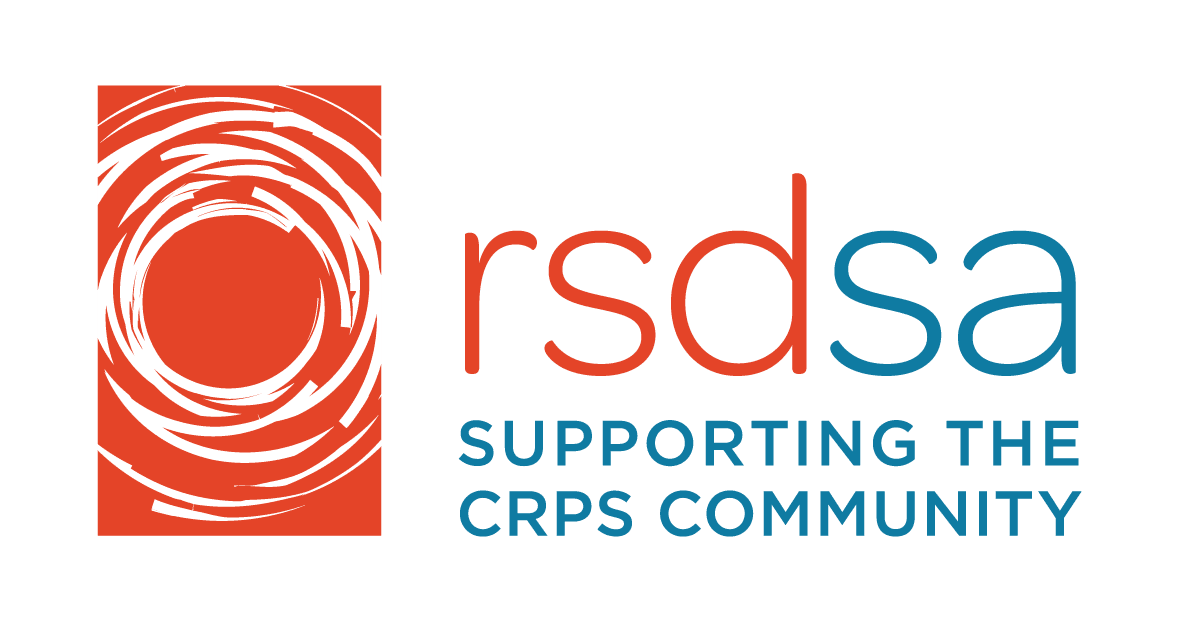Written by Abigail Bourcy for the RSDSA blog.
 How and when did you develop CRPS/RSD?
How and when did you develop CRPS/RSD?
My name is Abigail I developed Complex Regional Pain Syndrome when I was 12 (10 years ago). I broke my fibula playing soccer and was put in a boot for six weeks. Doctors assumed it was a simple break, but after six weeks in a boot I was still refusing to put weight on it and complaining of tingling sensations. My mom and I went to every doctor we could find in the Northeast area; it took months to get a doctor to believe me. Finally, we visited an orthopedic physician assistant who within minutes of looking at my symptoms, knew it was CRPS.
However, my story did not end there. After seven months of aggressive physical and occupational therapy I was lucky enough to be declared in remission. I stopped all medications, physical and occupational therapy, and the millions of doctor’s appointments. For a while, I was a healthy normal kid again. 1.5 years later, I started experiencing pain again. A year of hundreds of doctor’s appointments later, I ended up at Boston Children’s Hospital where I was re-diagnosed with CRPS, and told in no uncertain terms, I would have it for life.
What has daily life been like since your diagnosis?
I am not going to sugarcoat it for anyone: Daily life is hard. Being a teenager is hard enough without a rare chronic pain condition. I have to choose each and every day what I can accomplish that day and what I have the energy, time, and physical ability to get through. For someone who has always been extremely active and social their whole lives, that was the hardest part for me. I have learned to accept that although I am 22 years old, there are many things I cannot do because of this condition. However, there are many blessings I have gained and lessons I have learned from this condition. I now have the ability and perspective to always know what is important in life, to never sweat the small stuff, and to fully appreciate the people that truly understand you and accept you CRPS and all.
I am currently in graduate school, working towards getting my master’s degree in school psychology. Due to this condition, I now know that every person is fighting a battle we know nothing about, to never judge, and to try to approach each situation without kindness. I’m excited to be able to be an advocate for struggling children, especially those with chronic pain and illness fighting their way through the public-school system, just like I did.
What is one thing you wish those without CRPS/RSD could understand?
I wish more people would ask me about it! Many friends and family members avoid the topic due to lack of knowledge, being uncomfortable, or fear of hurting my feelings. However, that couldn’t be farther from the truth! The more conversations we have help spread support, awareness, and acceptance for this rare condition. By ignoring my condition, in some ways it feels like belittling the battle I’ve been fighting for more than half of my life now. Asking questions is how we all learn and raise awareness for this rare condition.
What advice would you give to newly diagnosed Warriors?
Be honest. Never hide your condition, pain, or emotions. I spent all of my teenage years with CRPS, and spent most of that time I was hiding my symptoms, my pain, and my story. What I did not realize is that my story was one of the most powerful things I have. I am so much stronger because of my story and my pain. Be confident in yourself, your symptoms, and asking for help when you need it.
What advice would you give to Warriors who have had CRPS/RSD for many years?
A daily gratitude journal is something I started months ago and I would highly suggest for any CRPS/RSD warrior. Each day when I go to bed I write as many things as a I can that brought me joy. It can be as simple as beautiful weather. With CRPS, I have found it is very easy to become negative and hopeless. However, if you remind yourself daily about the things you are lucky to have and be able to experience, it sometimes can change your whole perspective for the better.
What activities or treatments have helped you find temporary or long-term relief?
Working with a clinical psychologist has been the best thing I have ever done for my treatment. I have held onto a lot of anger my whole life. Some of it was due to being diagnosed so young, for going into remission once and losing it, and for sitting out of many of the activities I once loved. Talking to a clinical psychologist allowed me to let go of that anger, and that on its own, has been the most important part of my recovery.
What else would you like to add?
Always ask for help. We are fighting a battle most could never even begin to wrap their heads around, there is no shame in admitting when you need help, it only helps you grow stronger.
Please consider making a donation to RSDSA today!
